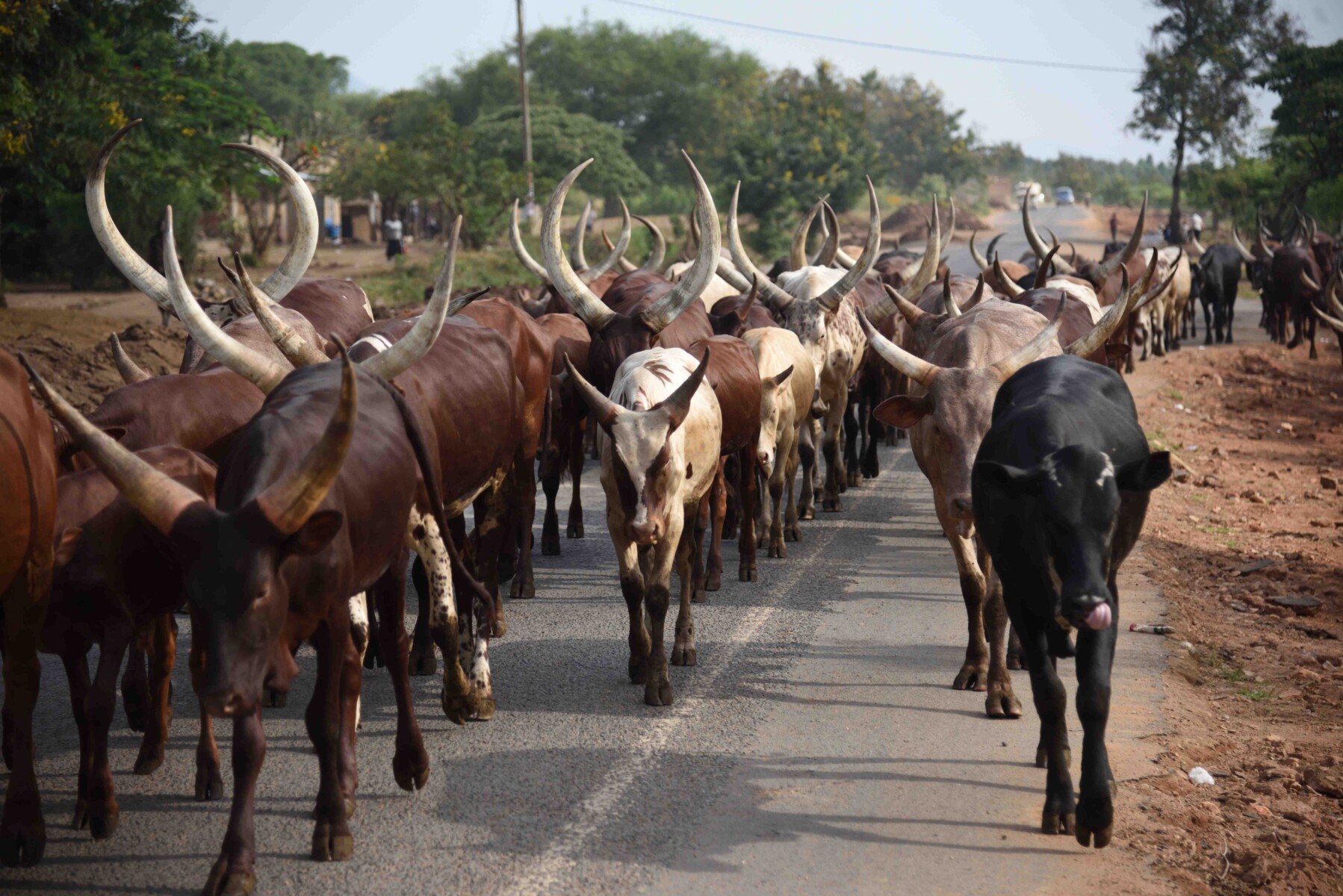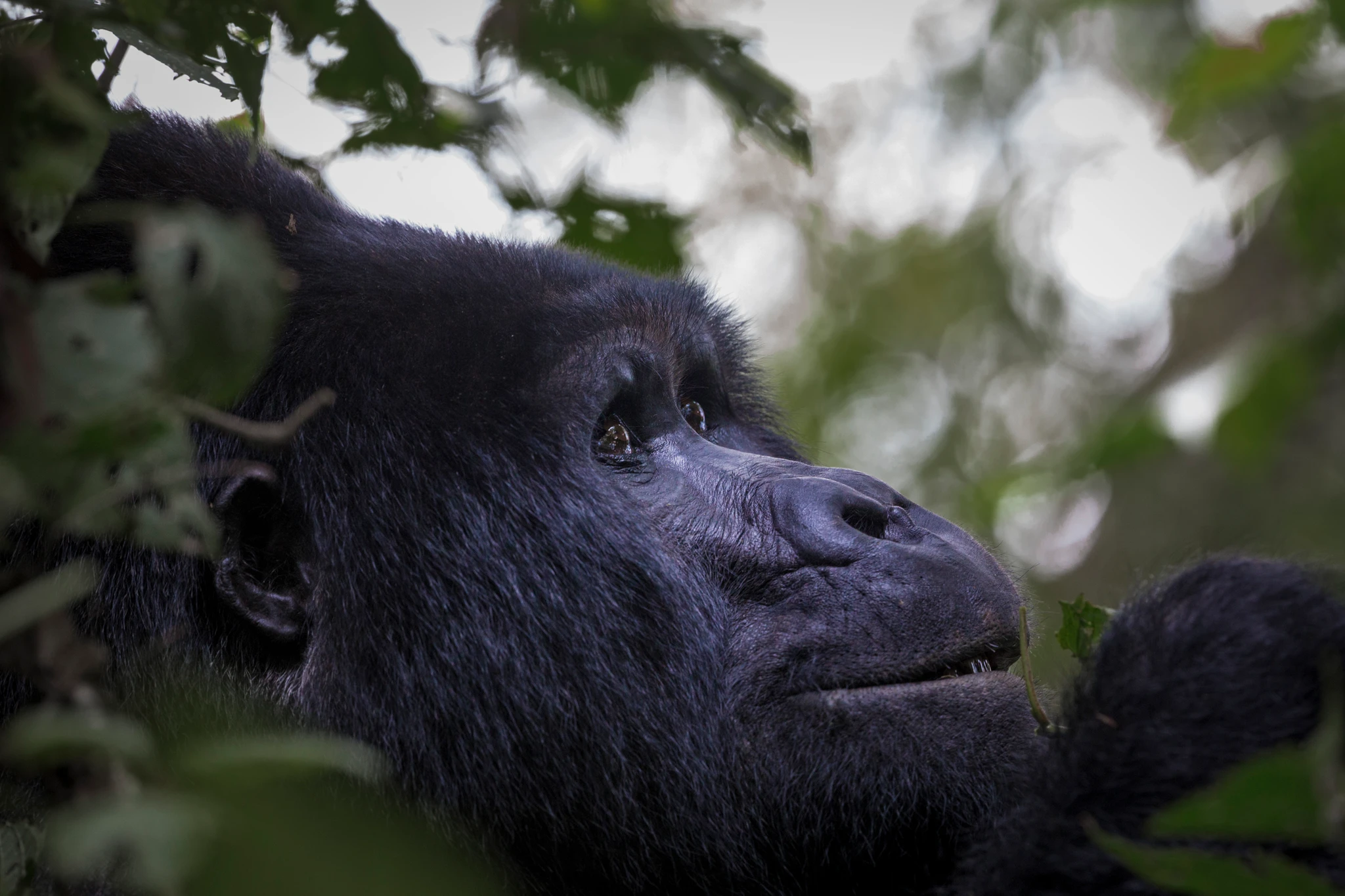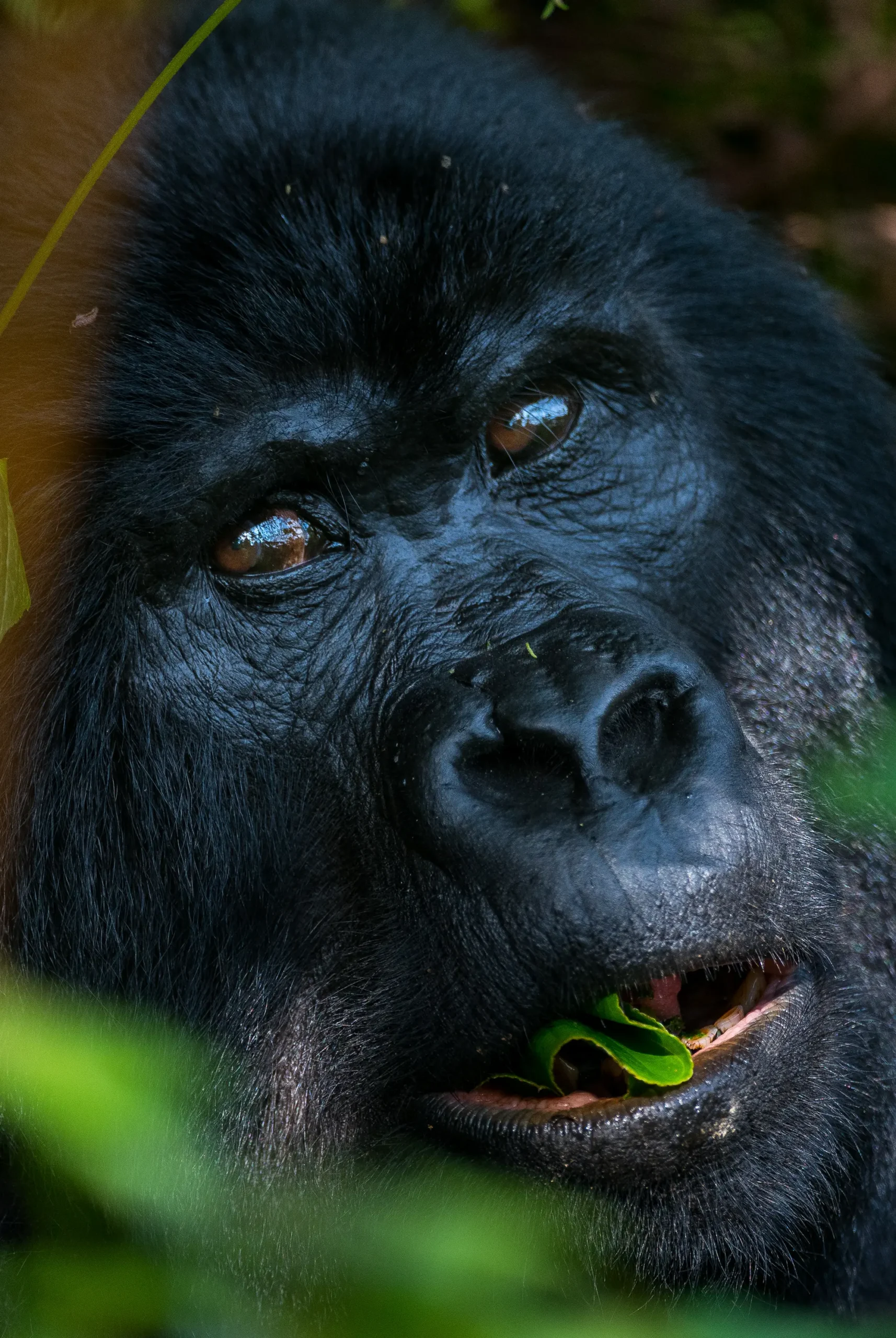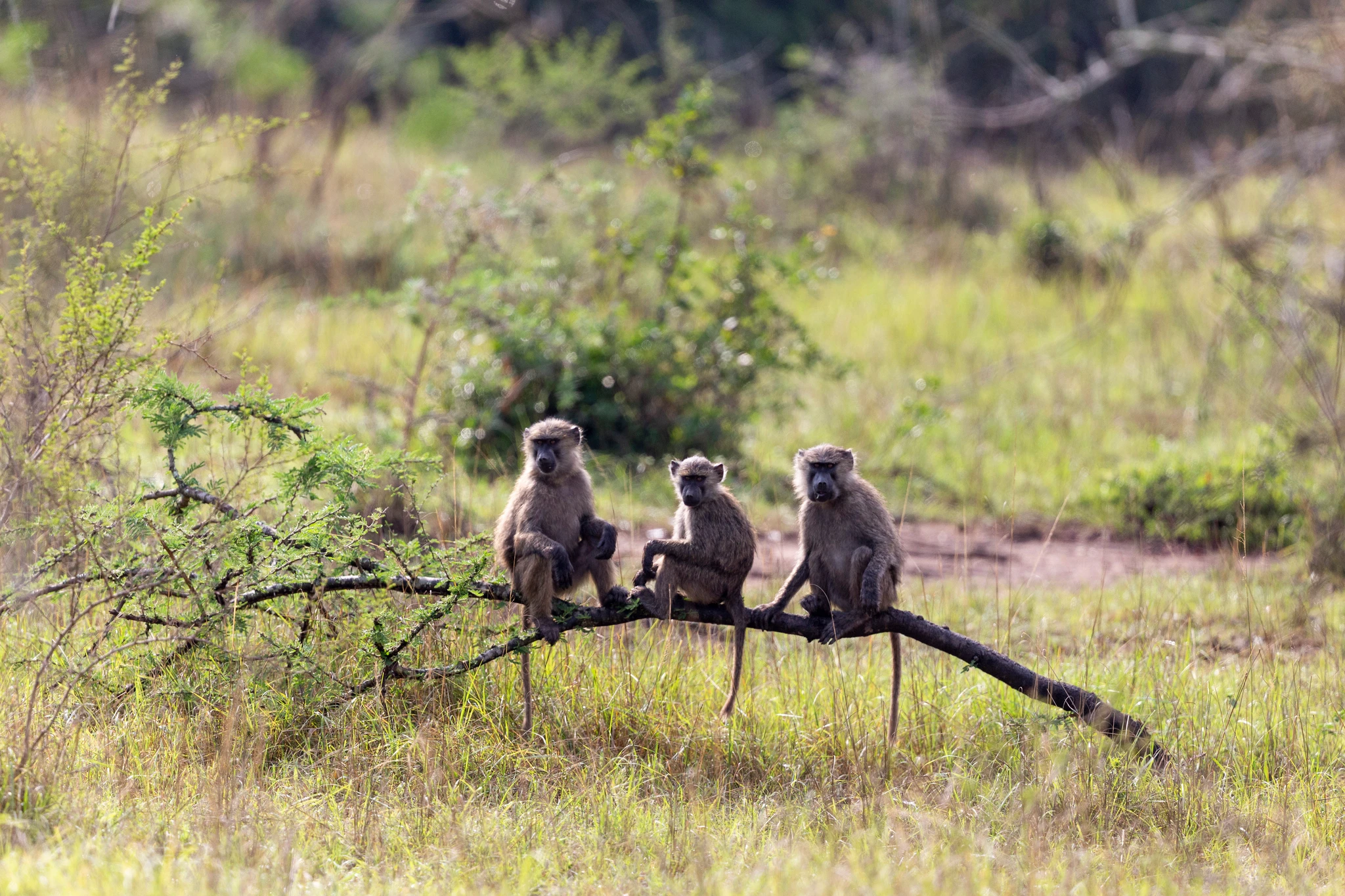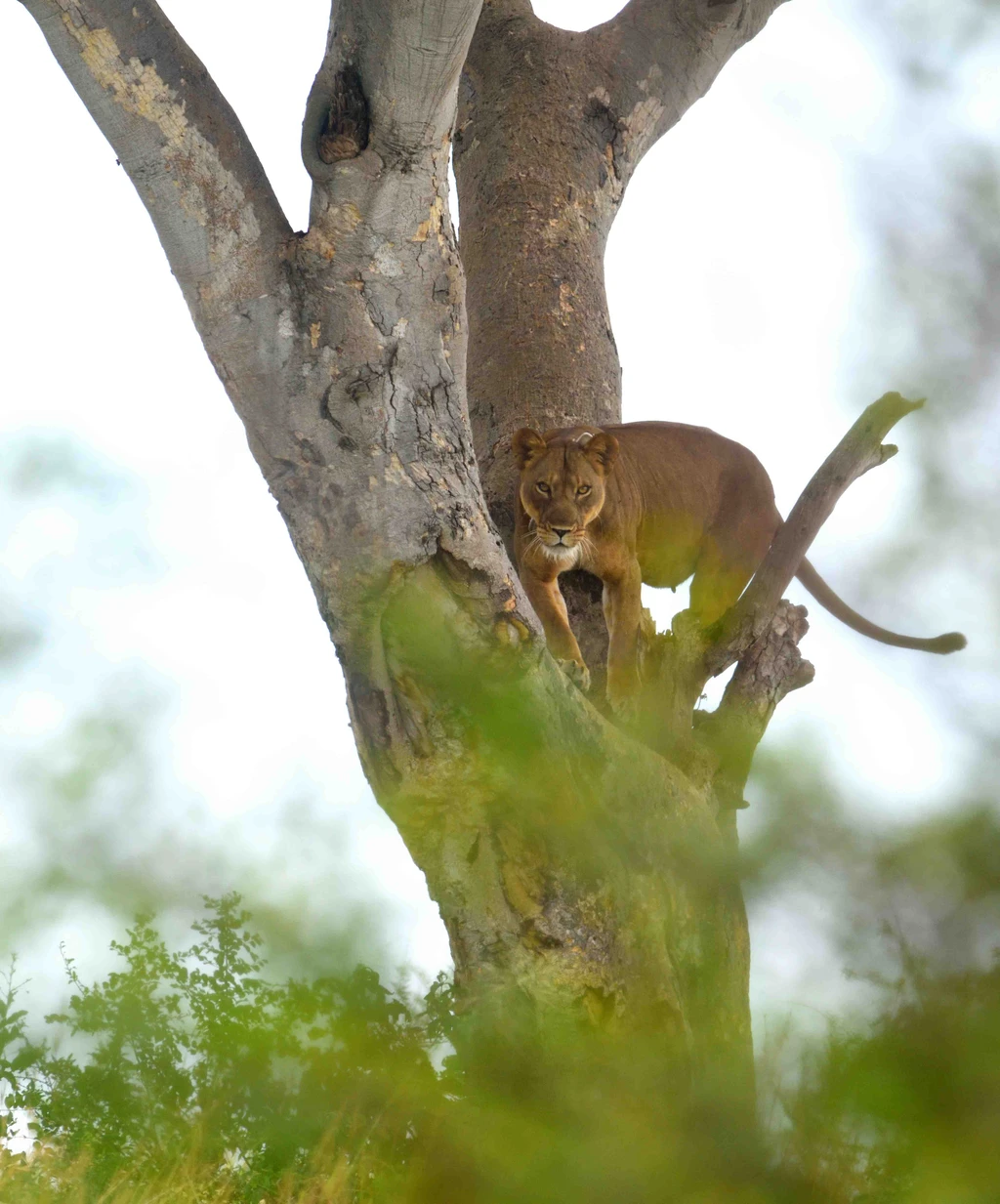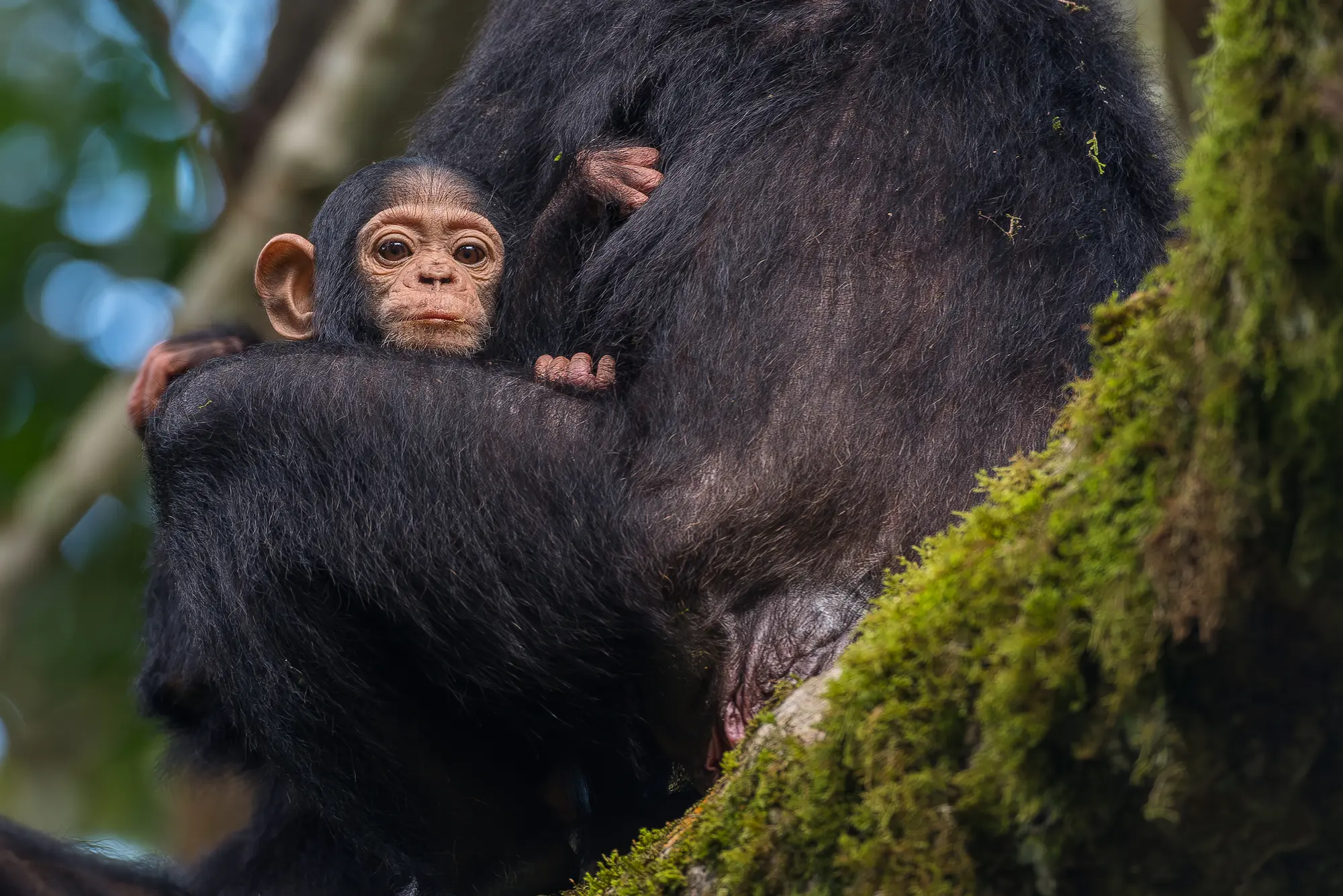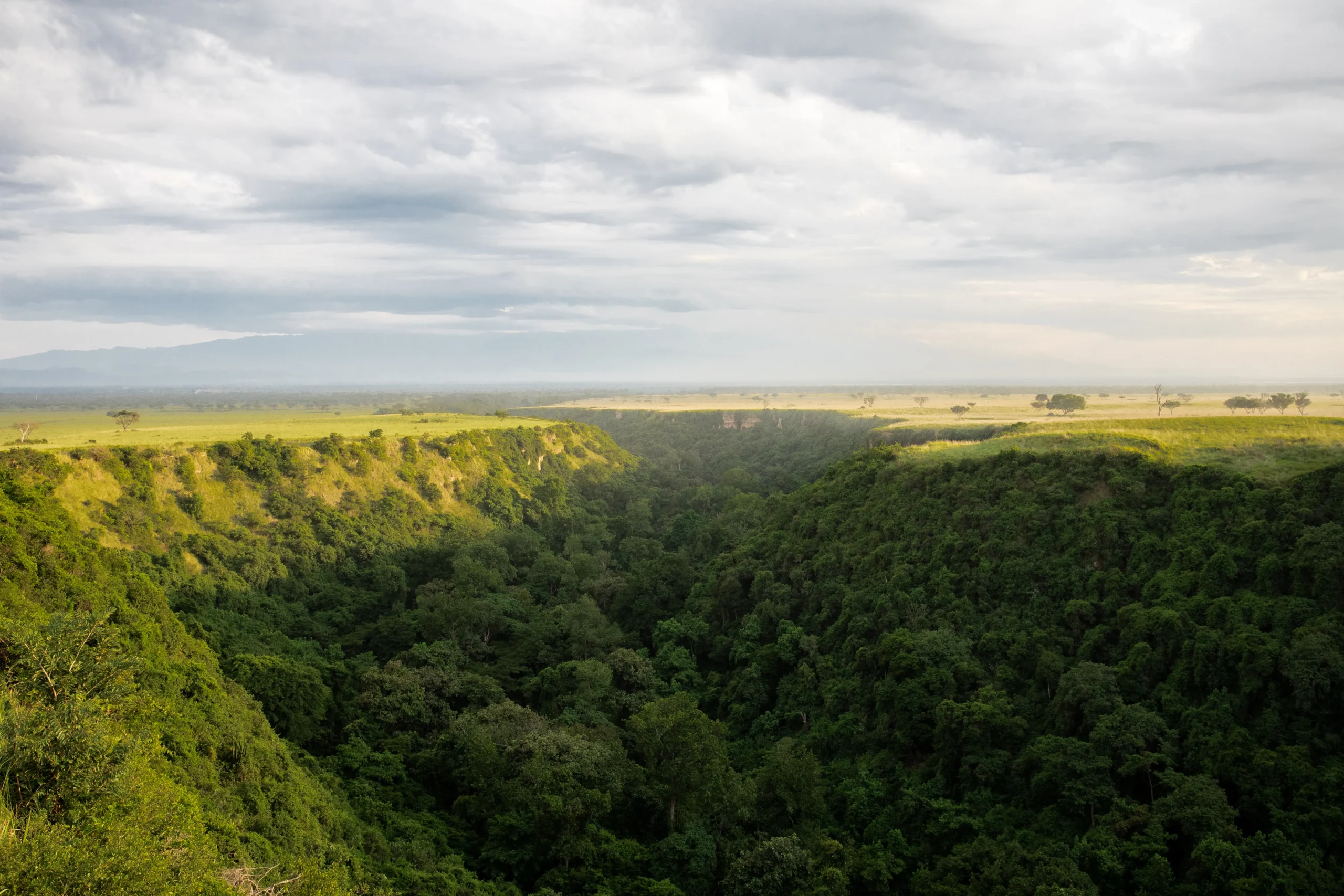Lake Mburo National Park, one of the smallest in the country and the closest to Kampala, the capital city, is located approximately 4 hours away. Situated between the towns of Masaka and Mbarara, it covers an area of 370 square kilometres.

While Lake Mburo may not enjoy the same renown as the popular Murchison Falls or Queen Elizabeth, its beauty and biodiversity make it an equally captivating destination. Up to five lakes and a wide variety of wildlife can be found within its borders.
The region surrounding the park is home to the Banyankole ethnic group, divided into two castes: the Bahima, nomadic herders, and the Bairu, farmers. For decades, the Bahima have utilized the park’s pastures to graze their cattle, known for their long horns (Ankole Watusi), leading to a drastic reduction in predators, which are now scarce.
Despite having a few leopards that prey on smaller animals such as antelopes or monkeys, the balance between carnivores and herbivores has been disrupted, resulting in a notable increase in the herbivore population. The park is currently a haven for giraffes, buffaloes, elands, antelopes, zebras, oribis, topis, and warthogs.
Boat safaris on the lake offer the opportunity to spot hippos, crocodiles, and many water birds. Additionally, the park is popular among birdwatchers, with around 350 bird species recorded.
Because there are no predators, it is a great place for park ranger-led guided nature walks and other activities like horseback riding and cycling safaris. Vehicle safaris and boat trips are the most prominent activities for visitors.

